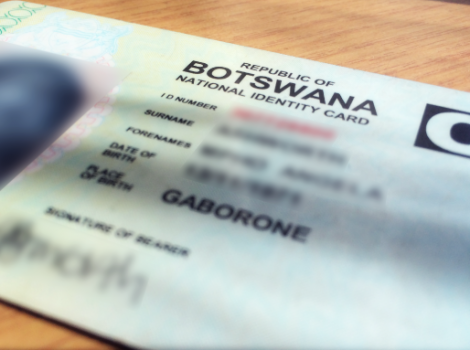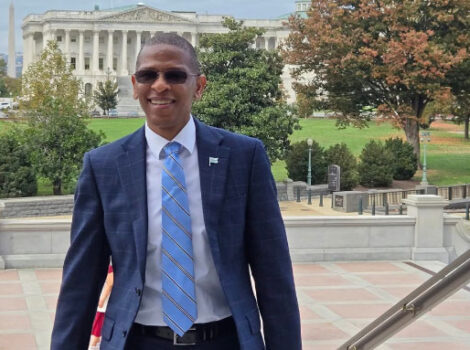
Botswana plans to conclude negotiations with De Beers on a diamond sales agreement by the end of April to replace the current 10-year deal that expires in January.
The government wants to see more gems cut and polished within the borders of the world’s second-biggest biggest diamond producer, creating jobs and boosting the state coffers, according to Lefoko Moagi, the Minister of mineral resources, green technology and energy security. An agreement is crucial for both parties. Botswana accounts for more than two-thirds of De Beers’ production, while the country relies on the gems for 90% of its exports and wants to derive as much benefit as possible from its mineral wealth.
“We are looking at April, not beyond, for all of this to happen and be successfully concluded,” Moagi said in an interview in his office in Gaborone, the capital. “We now want further to move into the value space; the bottom end of the business which involves your valuation, your pricing, cutting and polishing, marketing, selling, jewellery making.”
De Beers remains “fully focused on continuing to be a dedicated partner to the people of Botswana, and to delivering on our commitments,” the unit of Anglo American Plc said in an emailed response to questions.
Botswana already owns 15% of De Beers and has a 50% stake in the Debswana mining company. As part of the existing agreement, De Beers moved diamond sales to Botswana from London, and the government secured the right to sell 10% of Debswana’s production independently.
The talks take place as coronavirus hurts demand for commodities including diamonds. China accounts for about 14% of the global consumption of polished gems, making it the biggest market outside the U.S., according to figures from De Beers.
“We are worried” about the potential impact on the diamond market, Moagi said. De Beers is monitoring the situation closely, and it’s too early to say what the impact on demand could be, the company said.
The country’s exports of polished diamonds climbed as a percentage of total gem exports in 2017 and 2018, according to data from the central bank. Still, the $846 million of polished gems exported in 2018 is dwarfed by the $5.1 billion of rough stones. The landlocked southern African nation is one of Africa’s success stories, largely thanks to its diamonds and the prudent management of the resource.
At independence from Britain in 1966, gross domestic product per capita was $70, making it one of the world’s poorest nations. Just 12 km (7.5 miles) of roads were paved, according to the World Bank. By 2018, GDP per capita had climbed to $8,259, higher even than its more developed neighbour, South Africa. Botswana now has 7,000 km of paved roads.
While the nation’s economy grew 3.5% in 2019 after averaging nearly 4% from 2016 to 2018, unemployment at 18% is still high, especially for youth, according to the African Development Bank. The government wants to boost employment in the diamond sector through a new deal with De Beers, said Moagi.
“What more really we need is to see jobs coming through, we want to see young people participating in these jobs,” he said.



